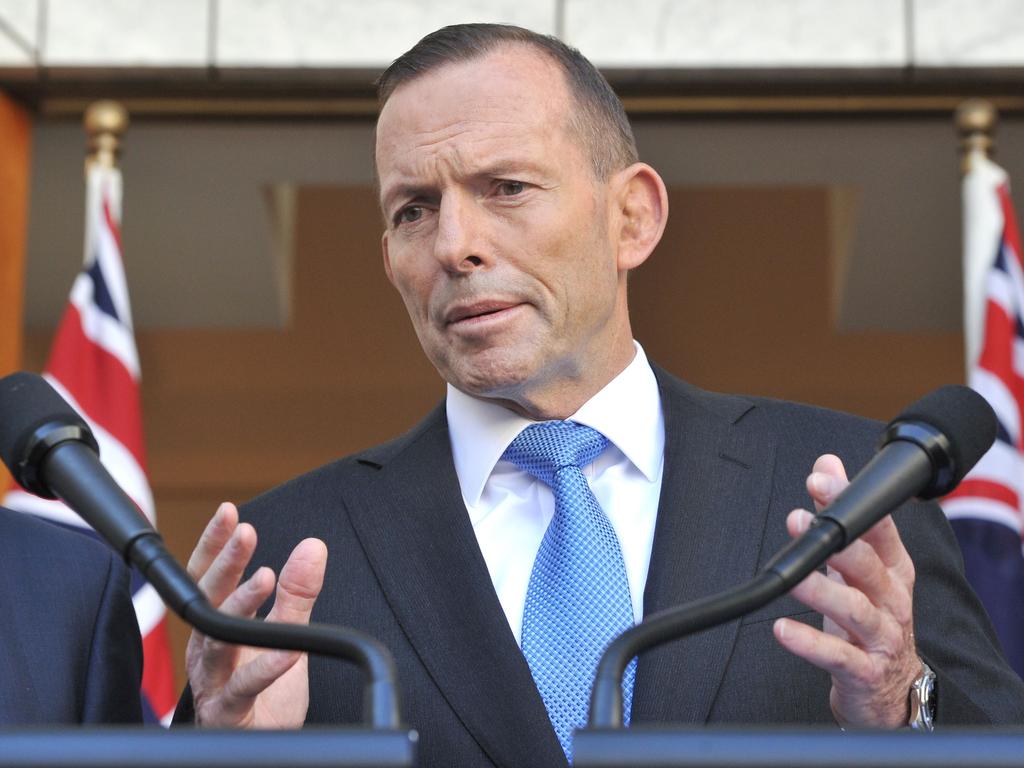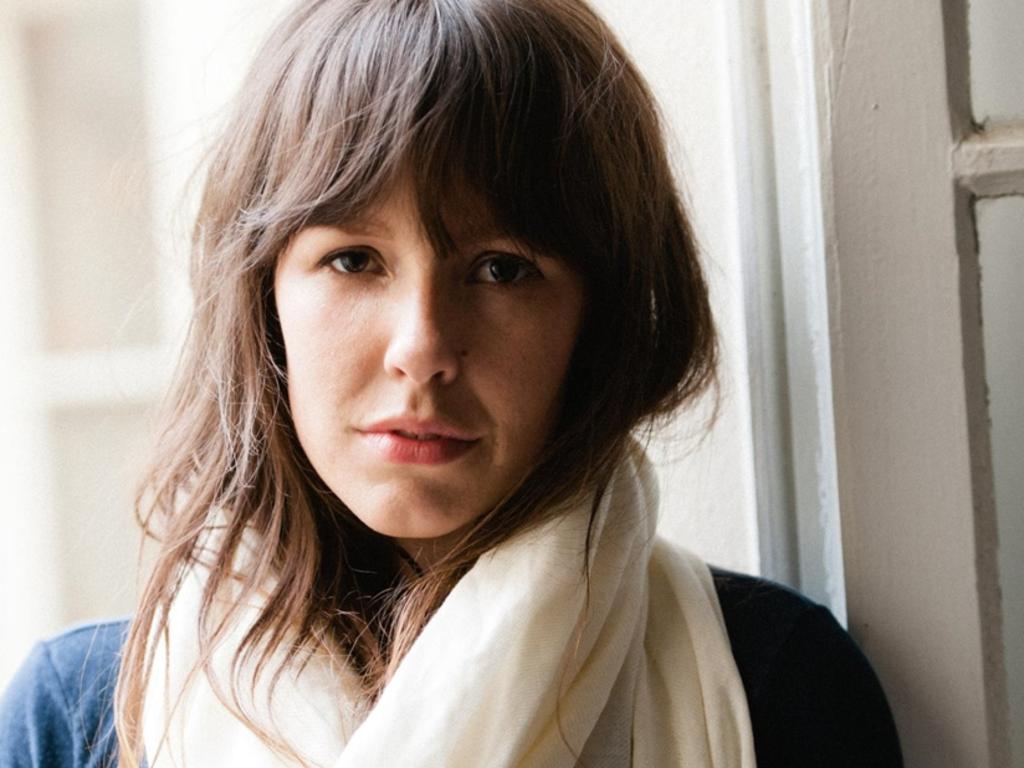
Three of the ABC team who made the program – Indigenous affairs editor Bridget Brennan, producer Suzanne Dredge and researcher Brooke Fryer – are Aboriginal. Queensland journalist Stephanie Zillman was also part of the investigation.
Their reporting revealed Aboriginal women are murdered at 12 times the national murder rate. They identified at least 315 Aboriginal women, who had been murdered, killed in suspicious circumstances or gone missing, presumed dead.
This column on June 15, 2020, discussing Black Lives Matter protests, said: “Many leftist journalists … will not look at the reality of the black lives they say matter. With a couple of notable exceptions – Russell Skelton at The Age and Suzanne Smith at the ABC, ahead of the NT intervention 2007 – the national broadcaster and the Fairfax papers (now owned by Nine) have not wanted to look at the issue beyond allegations of systemic racism.”

That piece said this newspaper had fostered a culture of reporting the truth about life in Aboriginal Australia going back to a Walkley Award-winning feature in 1994 by Rosemary Neill about violence by Aboriginal men against Aboriginal women and children. Other journalists, past and present, from The Australian – including Paul Toohey, Tony Koch, Nicolas Rothwell and Paige Taylor – have been committed to truthful reporting of what they have found in the Aboriginal world.
Back in 1994, Neill and I, as then editor, received criticism from the Fairfax editors at the black tie Walkley Awards night in Melbourne for publishing what they considered a racist criticism of Aboriginal men. Neill last week said of the latest Four Corners program: “I thought it was very powerful, partly because of its honesty about the sickening level of violence waged against the Indigenous victims. That a team of Aboriginal women working for the ABC are prepared to illustrate the severity of the violence perpetrated against many Indigenous women, along with the failures of the justice system, is a significant step forward in the debate.”
The program was indeed honest and shocking in its open reporting of the deaths of the three women it focused on. Yet it could have been more open about issues such as alcohol and drug abuse, the decline of the male role model in Aboriginal society and the need for family groups to take responsibility for the behaviours of boys.
The issue of responsibility was introduced to this debate by Cape York leader Noel Pearson, who wrote a small book about the issue – Our Right to Take Responsibility – in 2000.
Pearson last week offered his thoughts about the ABC’s Indigenous reporting: “Children with malnutrition, but no asking where are the parents? Doesn’t everyone get social security? Why doesn’t it buy food? Teenagers mistreated in Don Dale. But why are there hordes of kids in detention and where were their families and communities when they were at risk? What about the fact that alcohol and drugs are involved in almost all violence-related convictions?

“Kids in detention are illiterate and innumerate, but why aren’t they learning at school when they attend? The ABC is only interested in the manifestation of the problems not asking questions about the driving causes – and they are certainly not interested in talking about the solutions.”
Of course, one Four Corners program could never focus on all the issues.
One offender mentioned had previous convictions for murder and assault. He ran over his partner, Ms R. Rubuntja, several times outside Alice Springs hospital, breaking her arms, legs and ribs, leaving horrific injuries to 40 per cent of her body.
In another case, police had been called several times to warn them that a partner with convictions for violence was intoxicated and threatening a young woman. She was killed four days later by the man the police were asked to detain.
Tony Koch at The Courier-Mail two decades ago revealed many of the flaws of the criminal justice system as it applies to Aboriginal offenders, most notably the trauma for victims of violence and rape in small remote communities when offenders are returned to those same communities after completing their sentences.
Koch reported two sons of murdered South African freedom fighter Steve Biko describing life in the troubled Gulf town of Doomadgee: “The poorest street dweller in South Africa’s Soweto black township, they said, had a better life than an Aborigine living in ‘Doom City’.”
Rothwell, who lives in far north Queensland with his partner, Aboriginal leader and former NT minister for Indigenous affairs Alison Anderson, thinks reporters need to focus more on the different problems that confront different sorts of communities.
He says too much media coverage conflates the conditions faced in outstations, town camps, by rough sleepers in cities and by country town Aboriginal populations, as a single issue.
He mentions “the collapse of the old hard traditional Aboriginal culture’’ in remote communities, alcohol, strong drugs and a young male mortality rate, all of which ensure few senior men are around to provide guidance to younger men.
Rothwell says remote policing is too reactive and since the Kumanjayi Walker case, “quite hands-off’’. Walker was shot by NT constable Zachary Rolfe at Yuendumu in November 2019. Rolfe was cleared of charges of murder, manslaughter and engaging in a violent act causing death.

Rothwell published an important piece – “Place, not race, is key to the gap” – in this newspaper in March 2013. Discussing a speech by then opposition leader Tony Abbott, Rothwell wrote Abbott had “challenged the chief fantasy that shapes national policy in Indigenous affairs – the notion that all Australians who identify as Aboriginal belong to a single community of interest and should be included in the same measure of progress and wellbeing; that Aboriginal Australia can be understood as an undivided whole”.
“In fact, there are two quite separate Aboriginal domains; these two worlds are travelling apart fast – in terms of economic profiles, educational attainments, their wellbeing – and the failure to distinguish plainly between them makes
it impossible to see the full scale of the crisis unfolding in remote Australia.”
With commercial media downsizing and travel budgets slashed, it will be increasingly up to the national broadcaster to report these separate worlds, rather than focus on the world of the urban activist Aboriginal with a good education and a focus on identity issues.
The truth about the deaths reported by Four Corners is not that they were all the fault of police or the criminal justice system. Aboriginal society itself needs to stand up and say “enough is enough”. As Ms R. Rubuntja said on a trip to Canberra in 2018, which features during the Four Corners program: “Stop the violence!’
It is to less privileged Aboriginal groups that new Nationals Senator Jacinta Price speaks in the way Pearson did in the 1990s. Perhaps a new generation of young journalists at the ABC can hear what both are saying in the way the older cultural gatekeepers at the corporation could not.







Journalists from left-wing media outlets often have trouble accurately reporting the realities of violence in the Aboriginal world, but ABC’s Four Corners last Monday produced a powerful program about the murders of Indigenous women.